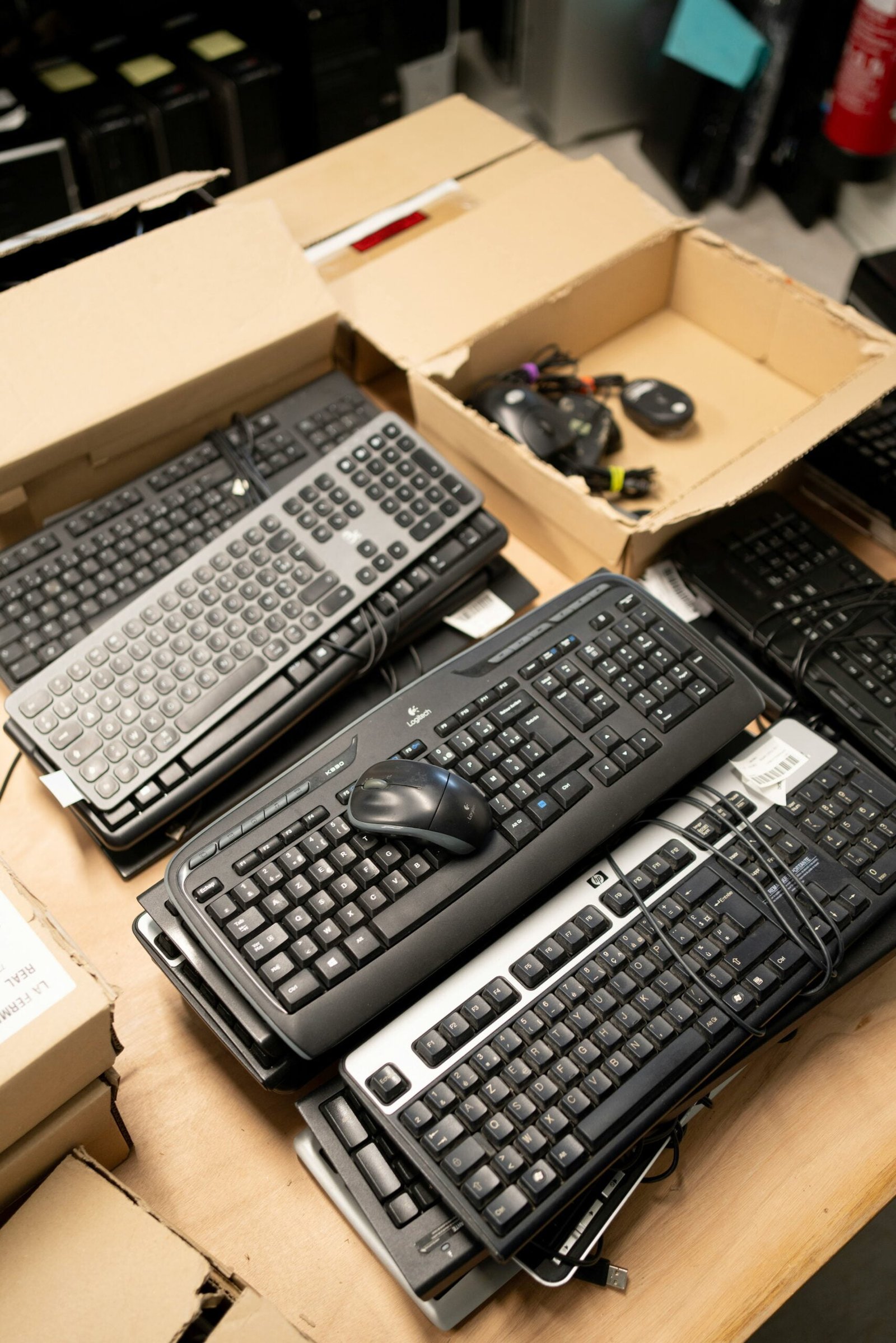Can Keyboards Be Recycled?
Keyboards are an essential part of our daily lives, whether we use them for work, gaming, or just browsing the internet. Over time, keyboards can become worn out or outdated, and we may find ourselves wondering what to do with them. One option is to recycle them.
Recycling is the process of converting waste materials into reusable materials, and it plays a crucial role in reducing waste and conserving resources. Many electronic devices, including keyboards, can be recycled to recover valuable materials and prevent them from ending up in landfills.
Why Should Keyboards Be Recycled?
There are several reasons why keyboards should be recycled:
- Environmental Benefits: Recycling keyboards helps reduce the environmental impact of electronic waste. Keyboards contain various materials, including plastic, metal, and electronic components, which can take a long time to decompose in landfills and release harmful substances into the environment.
- Resource Conservation: Recycling keyboards allows for the recovery of valuable materials such as copper, aluminum, and plastic. These materials can be reused in the production of new products, reducing the need for extracting and processing virgin resources.
- Energy Savings: Recycling keyboards requires less energy compared to the production of new keyboards from raw materials. By recycling keyboards, we can conserve energy and reduce greenhouse gas emissions associated with the manufacturing process.
How to Recycle Keyboards
Recycling keyboards is a relatively straightforward process. Here are some steps to follow:
- Check Local Recycling Programs: Start by checking if there are any local recycling programs or drop-off locations that accept electronic waste. Many municipalities and recycling centers have specific guidelines for recycling electronic devices.
- Donate or Sell: If your keyboard is still in good working condition, consider donating it to a local school, community center, or charity. You can also try selling it online through platforms like eBay or Craigslist.
- Remove Personal Data: Before recycling your keyboard, make sure to remove any personal data stored on it. This can be done by resetting the keyboard to its factory settings or using specialized software to wipe the data.
- Disassemble if Necessary: In some cases, it may be necessary to disassemble the keyboard to separate different materials for recycling. Consult the manufacturer’s instructions or online tutorials for guidance on how to disassemble your specific keyboard model.
- Take to a Recycling Center: Once you have prepared your keyboard for recycling, take it to a designated recycling center or drop-off location. Some recycling centers may charge a small fee for accepting electronic waste, so it’s a good idea to check beforehand.
Alternative Uses for Old Keyboards
If your keyboard is no longer functional or cannot be recycled, there are still alternative uses for it:
- Art and Crafts: Keyboards can be used in various art and craft projects. The keys can be repurposed to create jewelry, keychains, or decorative items.
- Education: Old keyboards can be donated to schools or educational institutions for educational purposes. They can be used for teaching typing skills, computer repair, or as spare parts for other keyboards.
- Upcycling: Get creative and repurpose your old keyboard into something new. You can turn it into a unique desk accessory, a clock, or even a musical instrument.
Conclusion
Recycling keyboards is not only beneficial for the environment but also helps conserve valuable resources and reduce energy consumption. By following the proper recycling guidelines, we can ensure that our keyboards are disposed of responsibly and contribute to a more sustainable future.



